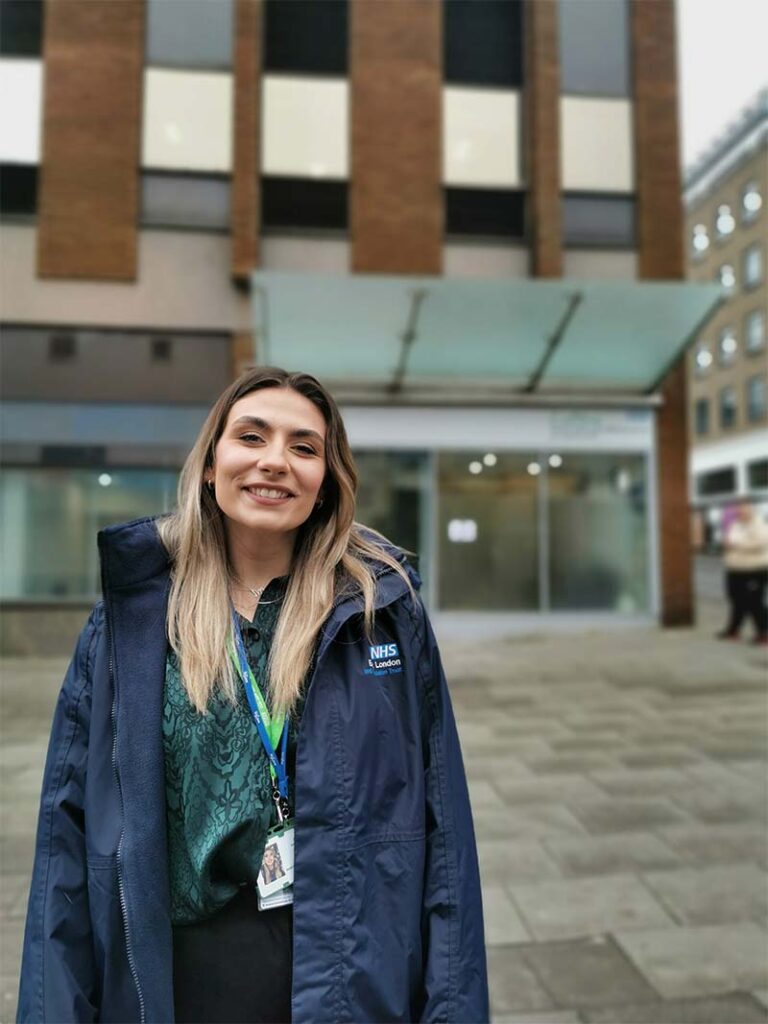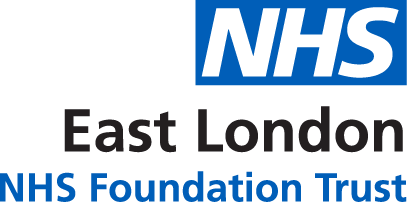Molly Johnson - Social prescriber for Luton community mental health teams (CMHTs)

A blended approach to community mental health is in place across all six Primary Care Networks (PCNs) in Luton.
The new approach is led by the four adult CMHTs in Luton, which now include specialist staff from the voluntary sector working alongside Trust mental health professionals.
The expanded offer includes daily triage available to each PCN, replacing a previous once-weekly triage and outcome approach.
The new-look CMHT teams include provision of community connectors, a senior drug and alcohol specialist, housing and offender outreach workers and healthy lifestyles, social prescription link worker, domestic advisors and care navigators.
Molly Johnson is the social prescriber for the Luton teams.
She is co-located with the Luton CMHTs at Charter House and employed by Active Luton, which works to make a positive impact on the health and wellbeing of the Luton community.
Molly’s role is to help service users consider factors that might be influencing their mental health and enable support or opportunities for them to make positive changes.
“My work is about supporting the holistic environment around people’s mental health treatment and connecting them with different sorts of community support,” she said.
“It could be exercise, introduction to social groups, weight management support, stopping smoking, drug and alcohol advice or even housing and welfare support.”
Molly helps each client over three months and offers flexible support which can include face-to-face meetings, phone calls over meetings via Zoom.
“I love the job,” she said.
“Seeing the clients find their mojo again through meeting the right people or connecting with the right organisation is incredibly rewarding.”
Trudy Wrake, Transformation Lead & Service Manager Luton CMHTs, said the new approach is structured around providing person-centred care and understanding the needs of the individual.
“People like Molly are proving invaluable in helping us think about the big picture of what support our service users need as part of their recovery journey,” she said.
“There is also ‘no wrong door’ to getting help and support. Service users are guided to the right service or agency for their needs at the time.”
